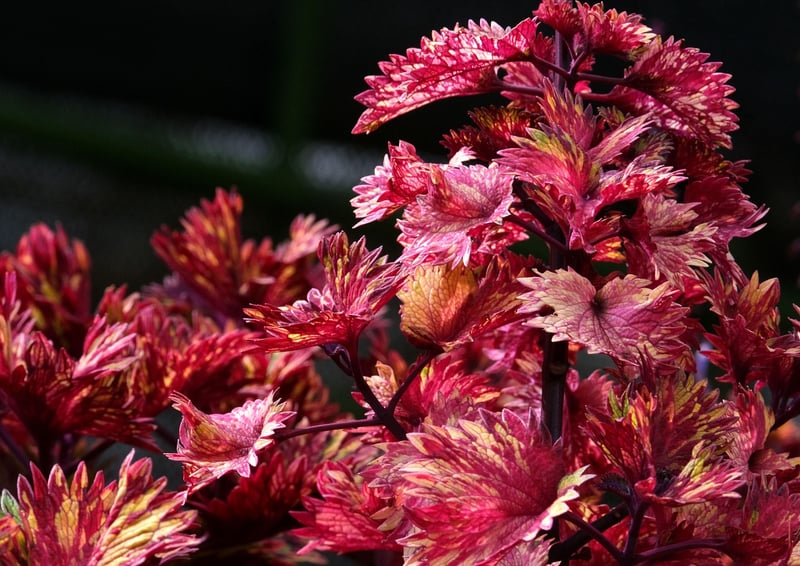Nutrient Deficiencies
Identifying and Addressing Nutrient Deficiencies in Plants
As a plant lover, encountering nutrient deficiencies in your beloved greens can be disheartening. However, understanding the symptoms and solutions to common nutrient deficiencies can help you restore your plants to their vibrant, healthy state.
Common Nutrient Deficiencies in Plants
Plants require various nutrients to thrive, and deficiencies can manifest in different ways. Some common nutrient deficiencies include:
- Nitrogen Deficiency
- Phosphorus Deficiency
- Potassium Deficiency
- Iron Deficiency
- Magnesium Deficiency
- Calcium Deficiency
Identifying Nutrient Deficiencies
Recognizing the symptoms of nutrient deficiencies is crucial for effective treatment. Common signs include yellowing or browning of leaves, stunted growth, and leaf curling. Each nutrient deficiency exhibits specific symptoms that can help you pinpoint the issue.
Addressing Nutrient Deficiencies
Once you've identified the deficient nutrient, you can take appropriate steps to address the issue. This may involve:
- Applying fertilizer specific to the deficient nutrient.
- Adjusting soil pH to improve nutrient uptake.
- Providing foliar sprays for quick nutrient absorption.
- Amending soil with compost or organic matter.
Importance of Balanced Nutrition
Ensuring your plants receive a balanced diet of essential nutrients is key to their overall health and vitality. Regularly monitoring your plants and providing them with proper care can prevent nutrient deficiencies from occurring.
Remember, healthy plants not only enhance the beauty of your space but also contribute to a thriving ecosystem. Stay vigilant, and your plants will thank you with lush foliage and vibrant blooms!

For more in-depth information on plant nutrition and care, check out Gardening Know How.
